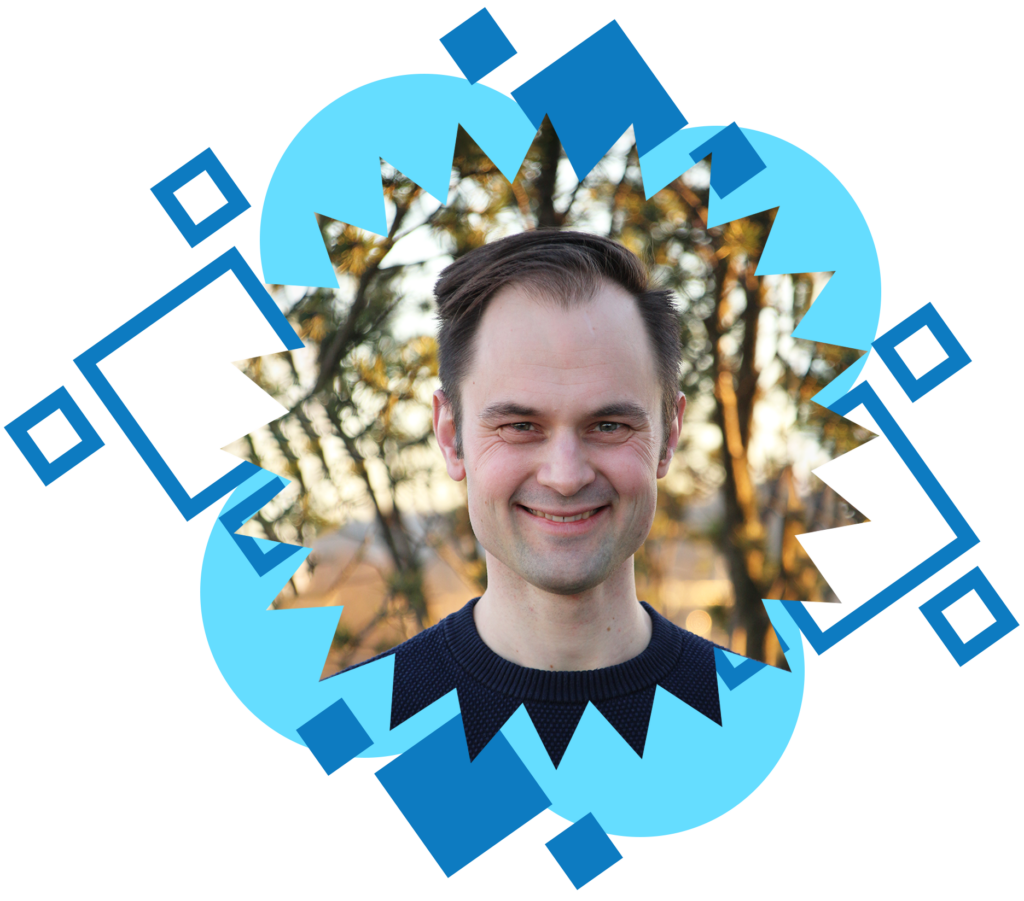Every day, we face decisions between smaller-sooner and larger-later rewards. Examples include the personal decision to spend money now or save it for the future, or the societal decision to rely on coal today or invest in renewable energy. Research suggests that our time perception plays a key role in this kind of decision. Therefore, this project aims to investigate to what extent time framing – that is, the way time is presented – can influence long-term decision-making across different linguistic and cultural contexts.
Kristof Keide
Kristof Keidel is a postdoctoral researcher at the University of Bonn (Germany). He earned his PhD through a joint programme between the Universities of Bonn (Germany) and Melbourne (Australia), where he studied impulsive decision-making from an interdisciplinary perspective. Kristof’s research explores the many facets of impulsivity as well as the cognitive, neural and clinical factors that shape intertemporal choices, with implications for impulsivity research, everyday decision-making and mental health.